Throughout the Covid pandemic many of us experienced disruption to our normal sleep patterns depriving us of rest, increasing our stress and causing anxiety. A recent New York Times article (The Pandemic Messed With Your Sleep. Here’s How to Feel Rested Again.) has dubbed the syndrome “coronasomnia” and goes into detail how today’s workforce is still feeling the effect of the pandemic. While it was expected that people would have trouble sleeping last year, the disappointing fact is that even more people expressed having sleep issues ten months later, related to the pandemic.
Now is the time to restart the sleep conversation with your employees and discuss whether they need a medical diagnosis for sleep challenges or just need to make adjustments to their habits that can lead to better, healthier behaviors.
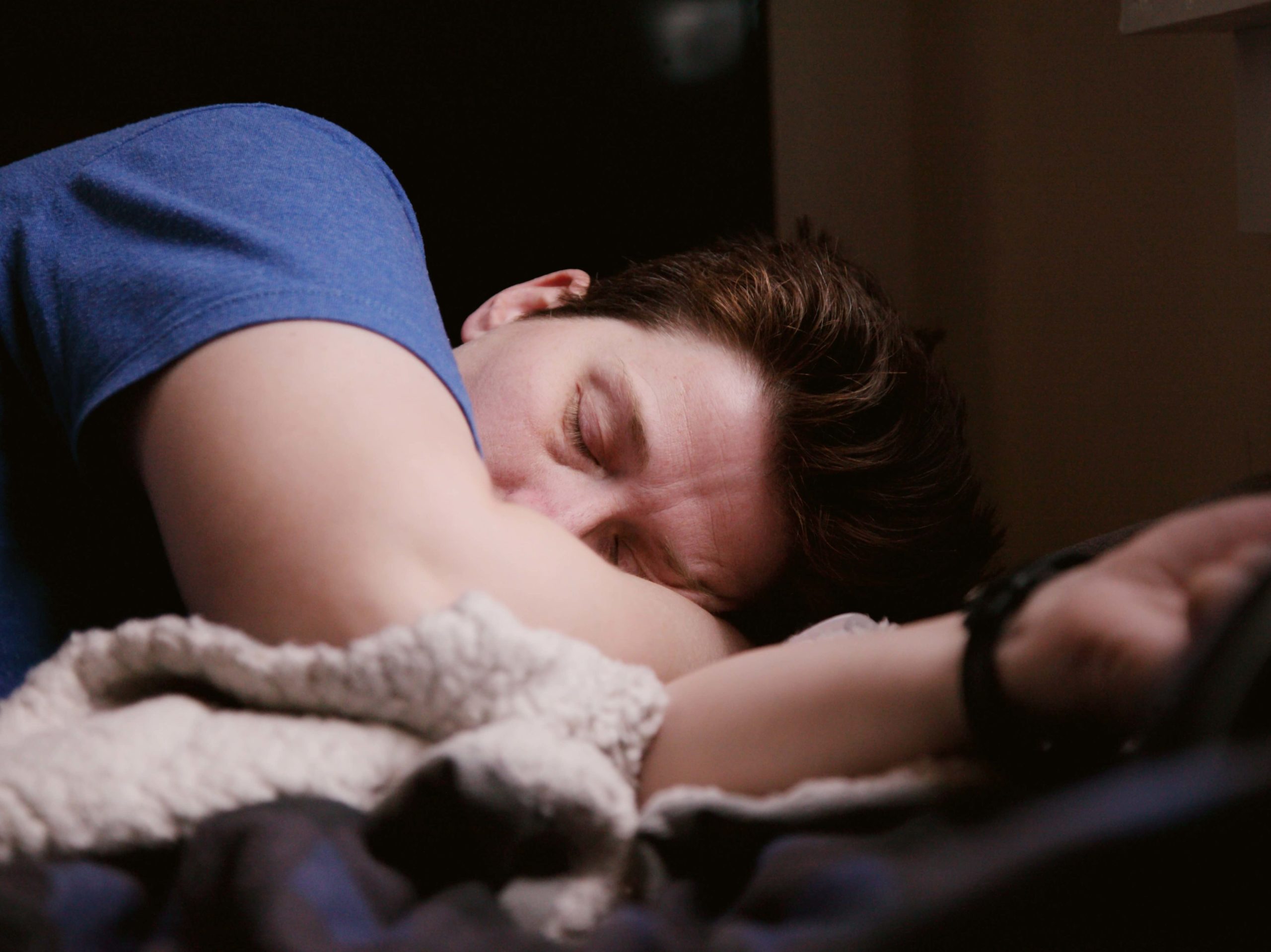
How Much Sleep Do I Need?
According to the National Sleep Foundation, the average adult needs 7-9 hours of sleep per night. Children need more sleep to aid in growth.
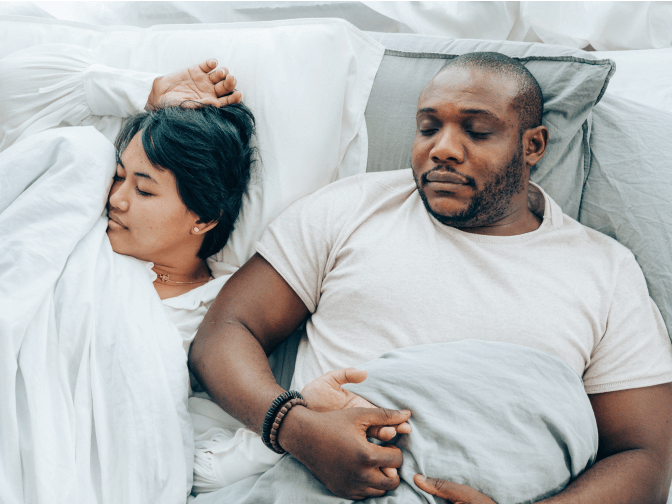
Why Is Sleep So Important?
Sleep is when the body recovers from the stress of the day. This is the time when your body repairs cell damage and gains strength.
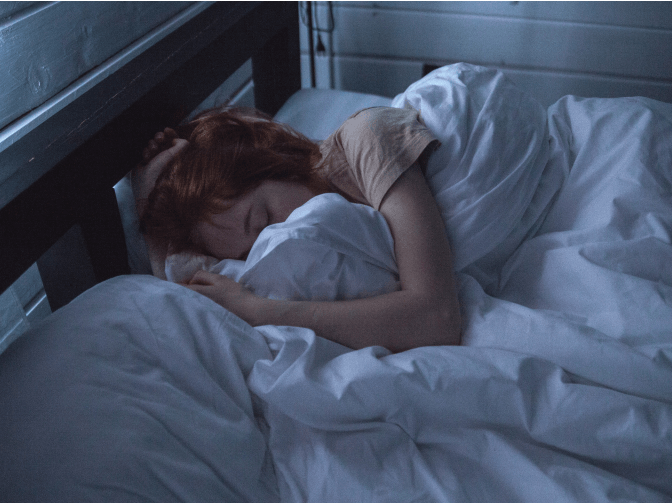
What Is Sleep Hygiene?
Sleep hygiene are the habits that you maintain to assist in having quality sleep consistency. These habits vary from person to person.
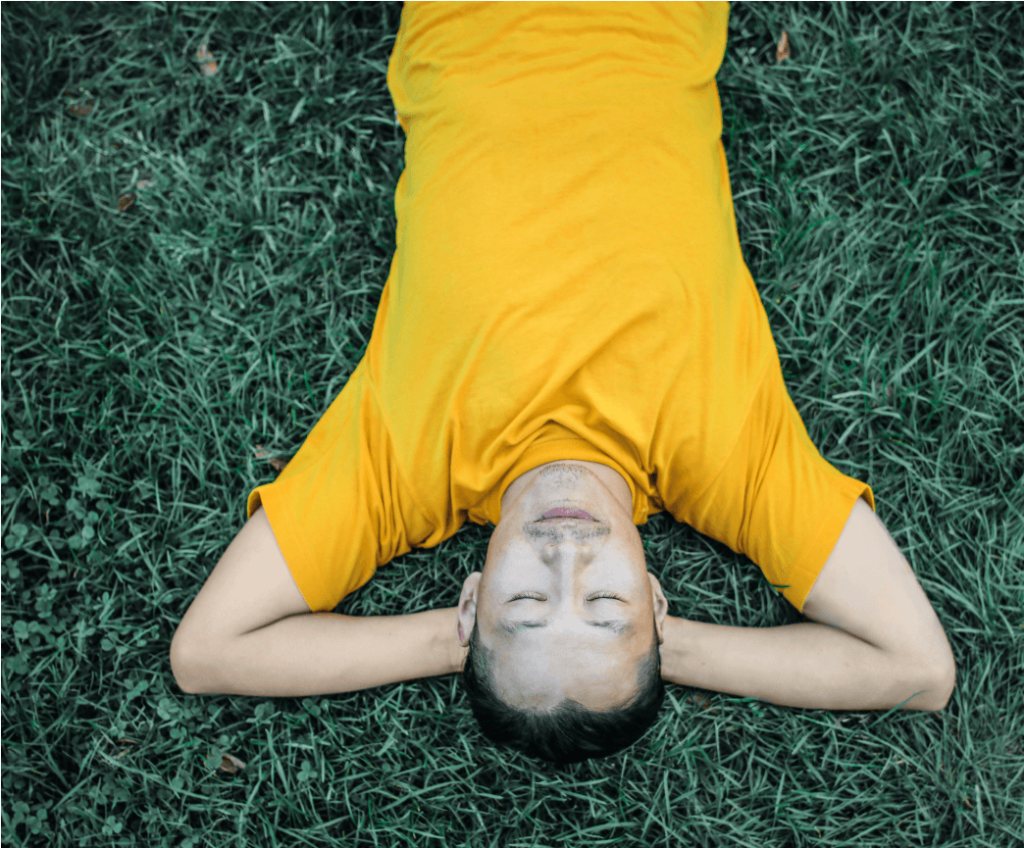
Consider A Blue Light
Blue light is a light wave length that is beneficial during the day, it boosts attention, reaction times, and mood. This light comes from
the sun and also can be found in technology screens.
Light of any kind can suppress the secretion of melatonin, but blue light is more powerful. Harvard researchers and their colleagues conducted an experiment comparing the effects of 6.5 hours of exposure to blue light to exposure to green light of comparable brightness. The blue light suppressed melatonin for about twice as long as the green light and shifted circadian rhythms by twice as much (3 hours vs. 1.5 hours). Studies recommend to start reducing or eliminating blue light three hours before bed to reduce negative health impacts.
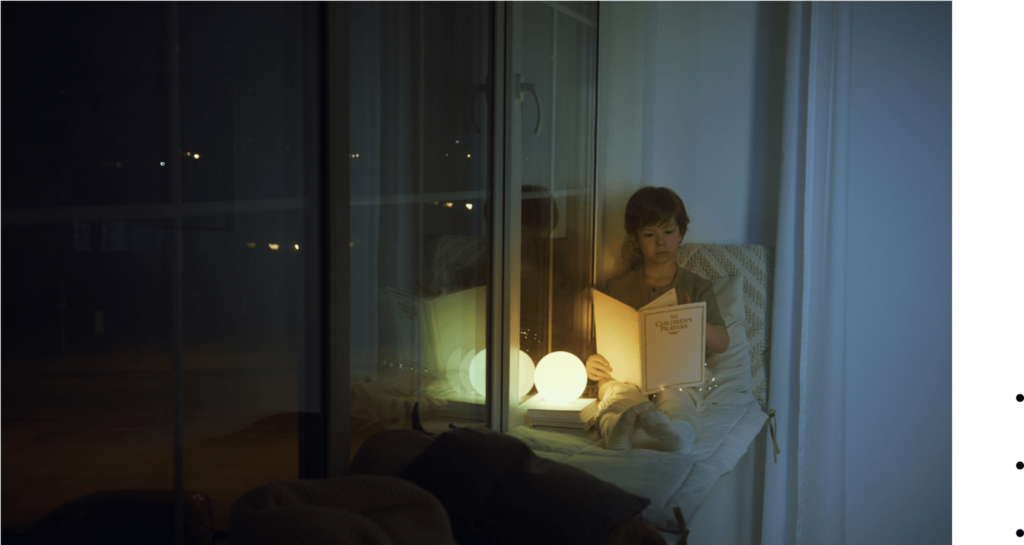
How to Improve Sleep Hygiene
There are many ways to improve your sleep hygiene and many of them start the moment you wakeup.
Here are a few things you can try:
- Set a sleep schedule and stick to it
- Have a pattern of events to repeat nightly before bed.
- Try relaxation techniques (meditation, deep breathing, stretching, etc.)
- Prepare your bedroom for sleep (reduce light, cool the temperature, minimize noise)
- Maintain a healthy lifestyle with exercise and nutrition
- Get outside during the day
- Don’t lay in bed awake for more than 20 minutes. If you can’t sleep trying doing something calming and then trying again.
- Unplug from electronics and work towards being device free 30-60 minutes prior to bed
- Discuss your sleep concerns with your doctor
Melatonin
Melatonin is a hormone produced by the brain often in response to darkness. While we know melatonin has a direct impact on sleep cycle, research is suggesting it may play other important roles we don’t yet understand.
Melatonin can be prescribed as an aid in recovery from jet lag, some sleep disorder in children and anxiety prior to surgery,
It’s important to discuss melatonin with your doctor before taking it because it’s not safe for everyone. Some individuals can have an allergic reaction, have an interaction with medication, impact individuals with dementia and pregnant or breast feeding women.
In America, supplements are not regulated by the FDA so it’s important to choose a trusted and certified product.
Resources & Tools
Websites
https://www.cdc.gov/sleep
https://www.sleepfoundation.org
https://www.health.harvard.edu
Apps
Headspace
Calm
Sleep Cycle
Happiness is waking up, looking at the clock and finding that you still have two hours left to sleep.
~ Charles M. Schulz
